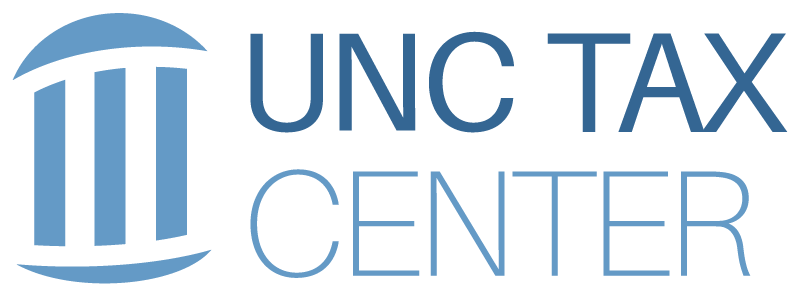
Over the past few decades, corporate income tax rates and revenues have eroded worldwide as multinational corporations have shifted their reported profits from intangible assets to low-tax jurisdictions. In its study of base erosion and profit shifting, the Organisation for Economic Co-operation and Development (OECD) recommended ways to limit abusive transactions that shift profits to low-tax jurisdictions and to improve corporate income reporting worldwide. The OECD is now considering more fundamental revisions of global rules for taxing multinational corporations that would either assign more profits to countries where goods and services are sold or impose new global minimum taxes on the intangible profits of a country’s resident companies.
Join the Urban-Brookings Tax Policy Center and the University of North Carolina Tax Center for a live webinar during which accounting, law, and economics experts will address the following questions:
- How do multinational corporations shift their reported profits to low-tax jurisdictions?
- How much does income shifting reduce worldwide and US taxes paid by multinational companies?
- How effectively have the recommendations from the OECD’s base erosion and profit shifting report and the Tax Cuts and Jobs Act’s new anti–base erosion provisions reduced income shifting?
- Should the current system, which assigns taxing rights to countries where profits originate, be replaced with one that assigns profits to countries where companies sell their goods and services?
- What are the benefits and disadvantages of the proposals being developed by the OECD in its pillars one and two approaches, and what will the OECD likely recommend?
- How will COVID-19 affect multinational companies’ activities and policy responses to them?
Keynote Address
- Pascal Saint-Amans, Director, Centre for Tax Policy and Administration, Organisation for Economic Co-operation and Development
Panel I. How Big a Problem is Income Shifting?
- Kimberly Clausing, Thormund A. Miller and Walter Mintz Professor of Economics, Reed College @KClausing
- Scott Dyreng, Associate Professor of Accounting, Duke University Fuqua School of Business
- Leslie Robinson, Professor of Business Administration and Harvey H. Bundy III T’68 Faculty Fellow, Dartmouth College Tuck School of Business
- Gabriel Zucman, Associate Professor of Economics and Director of the Stone Center on Wealth and Income Inequality, University of California, Berkeley @gabriel_zucman
- Edward Maydew, Director, University of North Carolina Tax Center, and David E. Hoffman Distinguished Professor of Accounting, University of North Carolina Tax Center, Kenan-Flagler Business School (moderator) @kenanflagler
Panel II. OECD’s Response to Income Shifting
- Manal Corwin, Partner in Charge of Washington National Tax, KPMG
- Lisa De Simone, Associate Professor of Accounting, Stanford University Graduate School of Business
- Victoria Perry, Deputy Director, Fiscal Affairs Department, International Monetary Fund
- Daniel Shaviro, Wayne Perry Professor of Taxation, New York University School of Law @DanielShaviro
- Thornton Matheson, Senior Fellow, Urban-Brookings Tax Policy Center (moderator) @TaxPolicyCenter
Event Materials
- Agenda
- Speaker Biographies
- Panel I Presentation
- Profit Shifting Before and After the Tax Cuts and Jobs Act (Report by Kimberly Clausing)
- How Big is Profit Shifting? (Draft Report by Kimberly Clausing)
- Double counting accounting: How much profit of multinational enterprises is really in tax havens? (Report by Jennifer Blouin and Leslie Robinson)
Cohosted by the Urban-Brookings Tax Policy Center and the University of North Carolina Tax Center, an affiliated center of the Frank Hawkins Kenan Institute of Private Enterprise, part of the University of North Carolina’s Kenan-Flagler Business School.

Send any inquiries regarding this event to [email protected].



